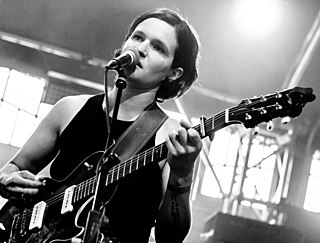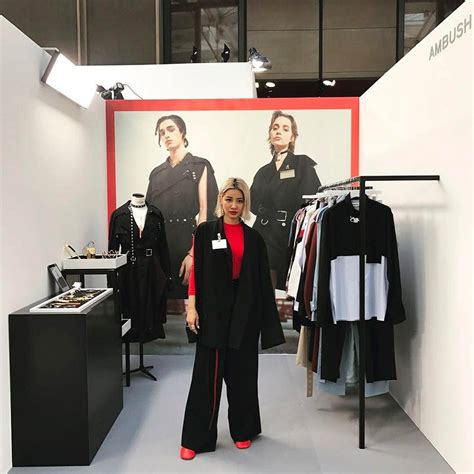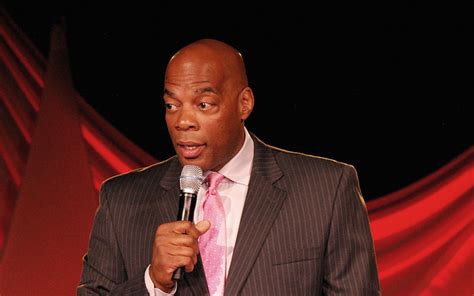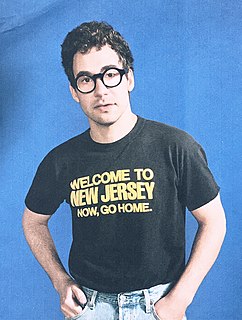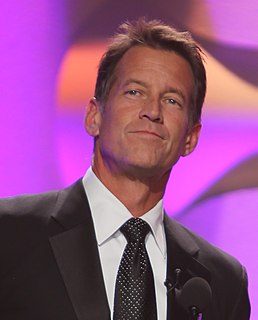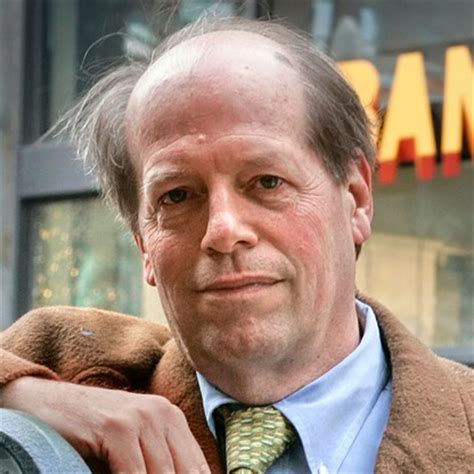A Quote by Bill Henson
It was the dreamscape of the suburbs that interested me.
Quote Topics
Related Quotes
I have always found the suburbs very beautiful – the light, the change of seasons and so on. I am not so interested in the political dimensions of these things. I didn’t have any witticisms to land on suburbia. I was really just interested in how beautiful it was. I felt it was like a dreamscape and once I understood that was how I needed to approach it the dream started to expand in unusual ways.
Everywhere - all over Africa and South America - you see these suburbs springing up. They represent the optimum of what people want. There's a certain sort of logic leading towards these immaculate suburbs. And they're terrifying, because they are the death of the soul. This is the prison this planet is being turned into.

